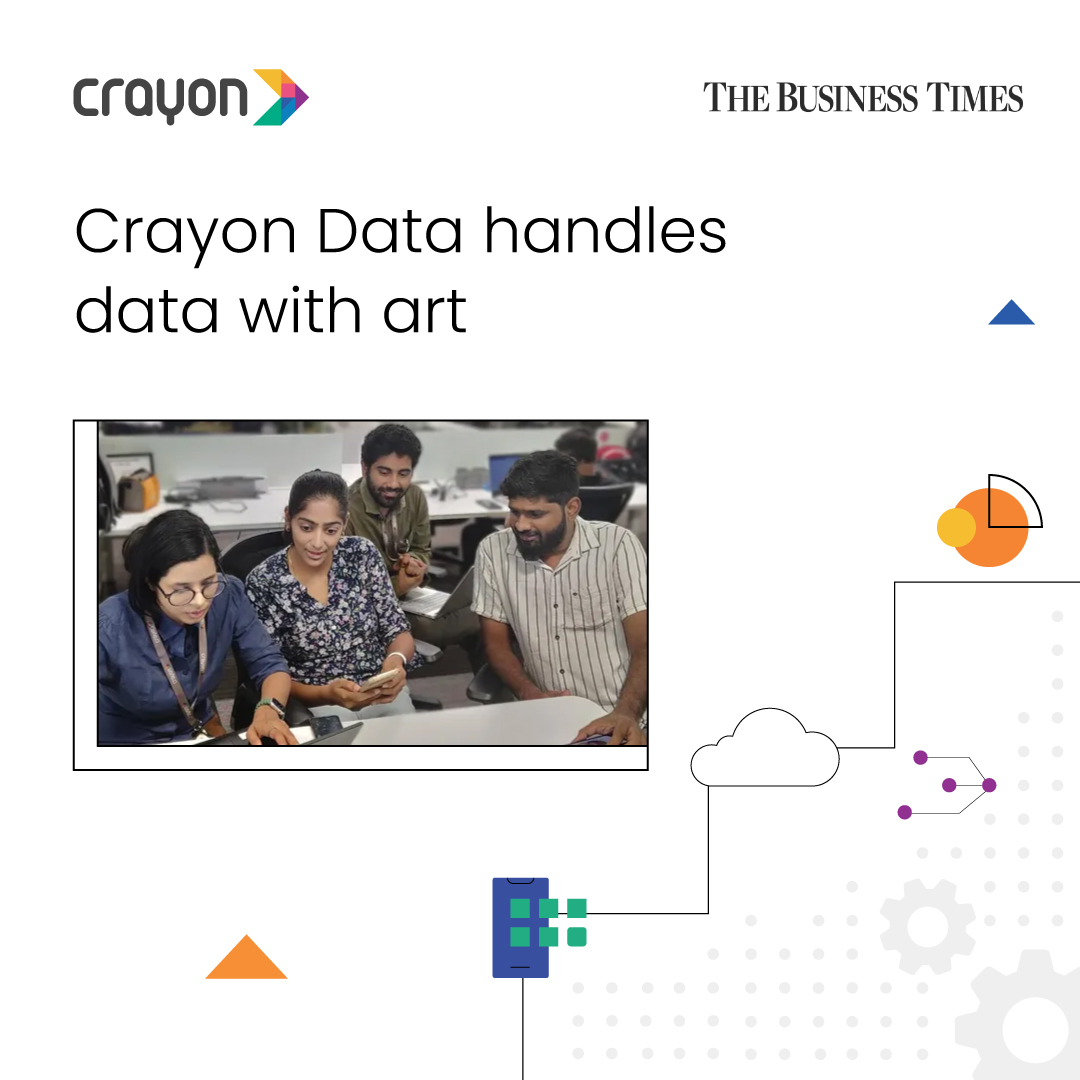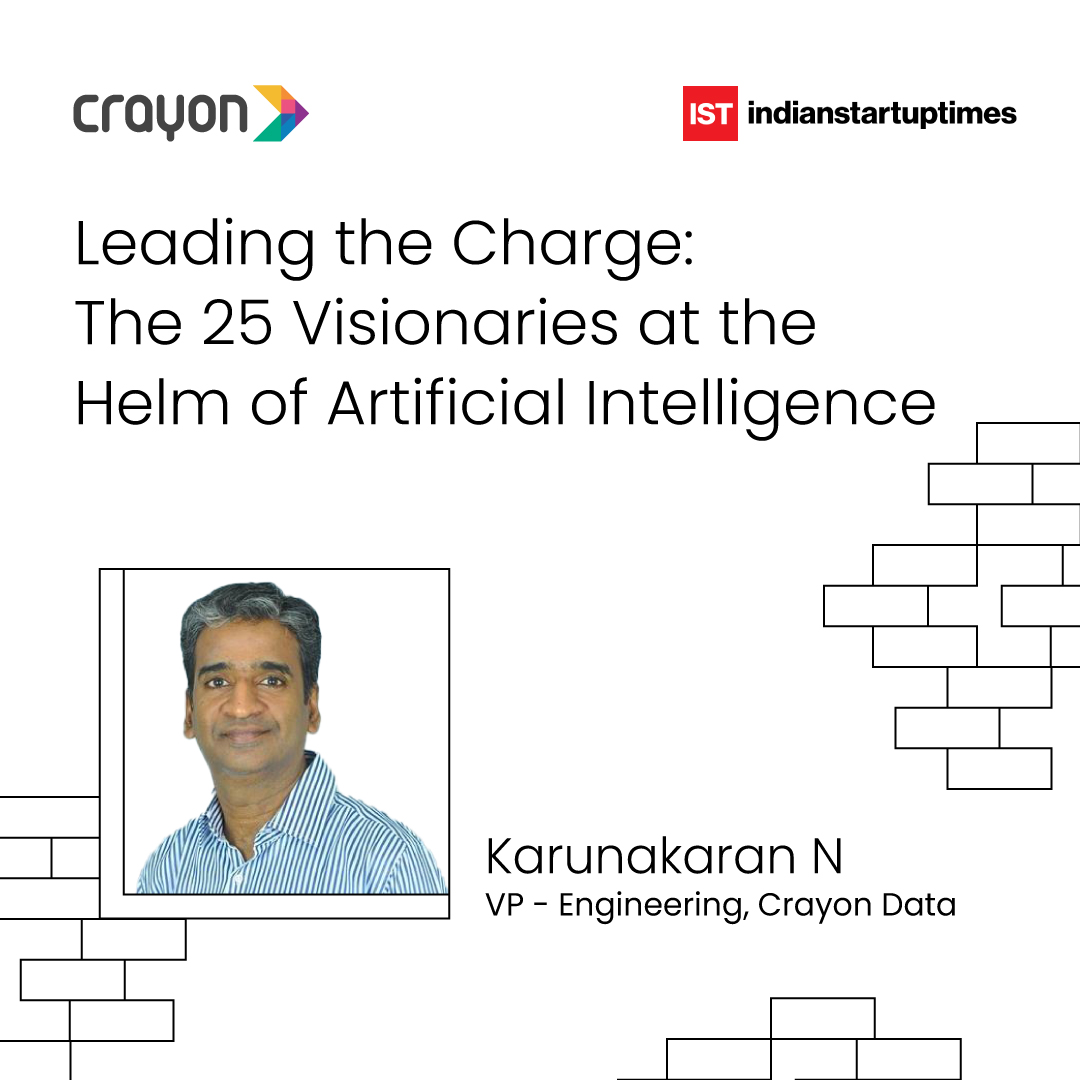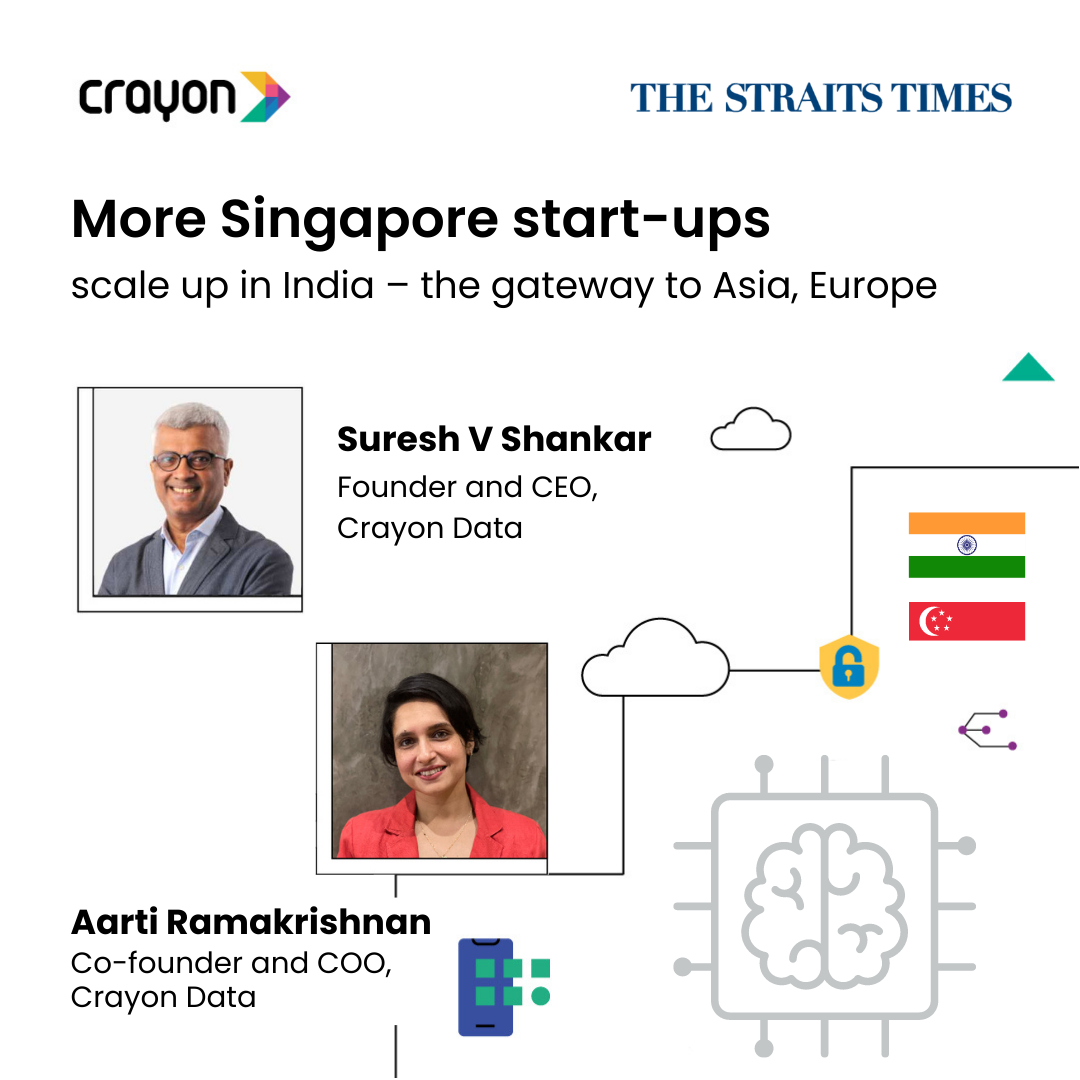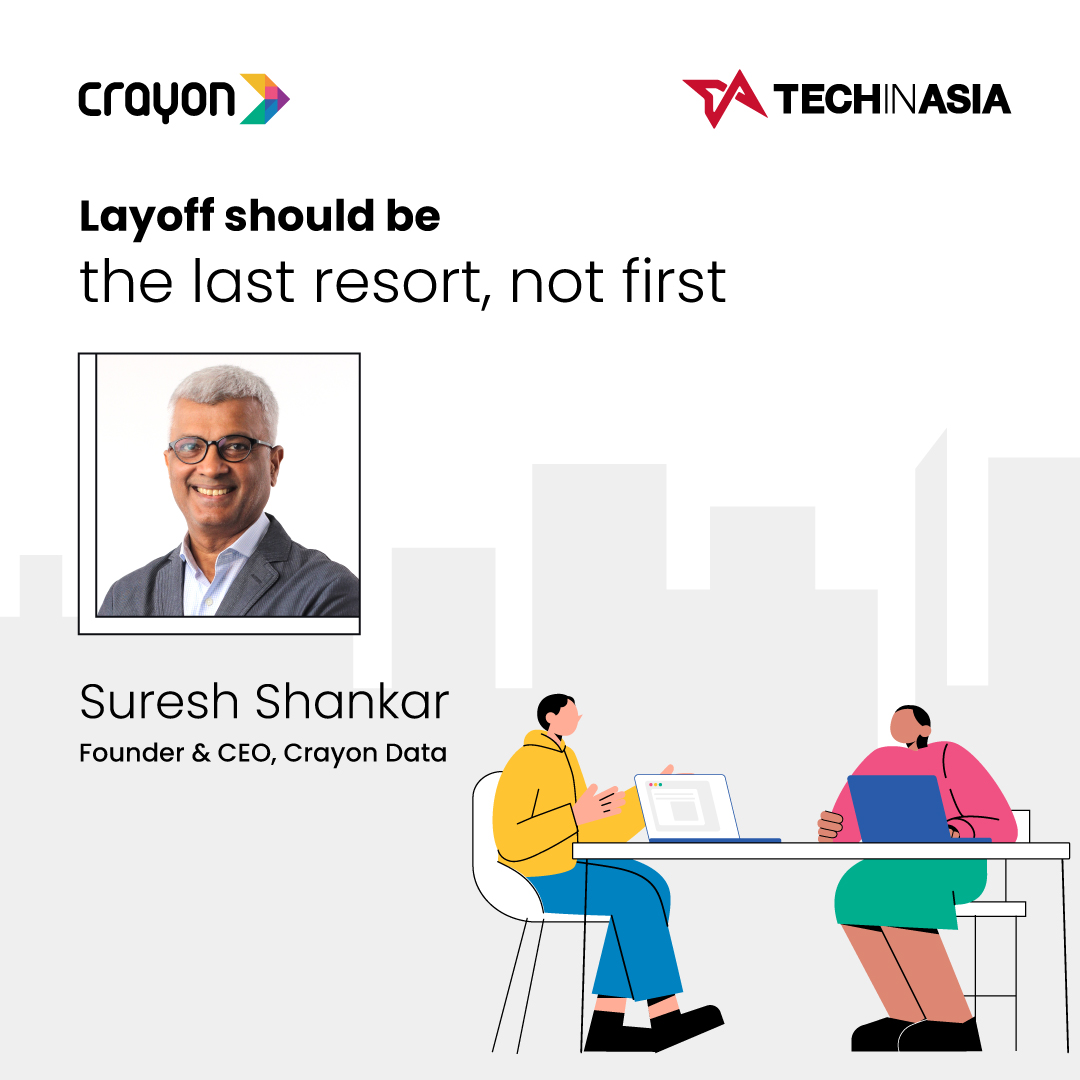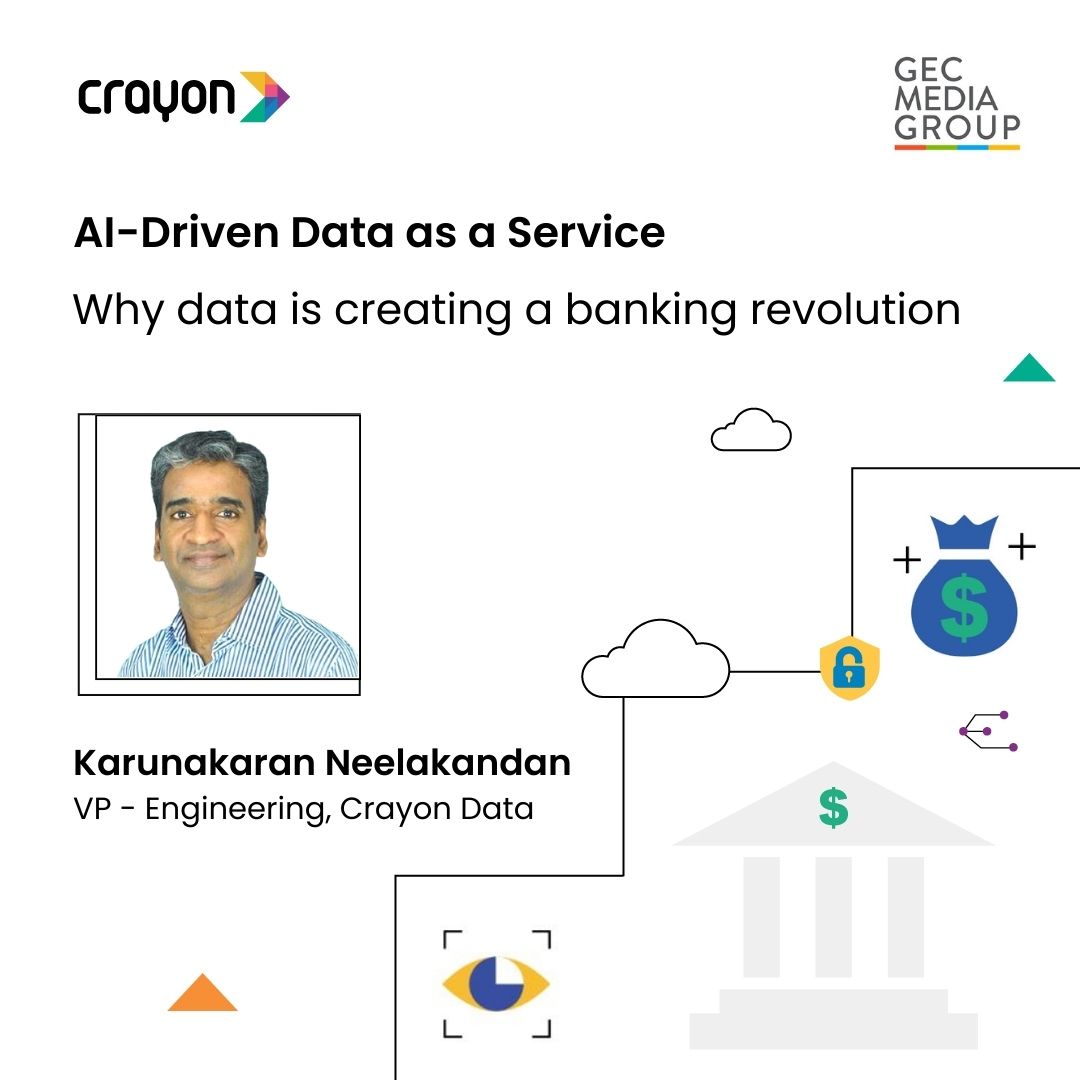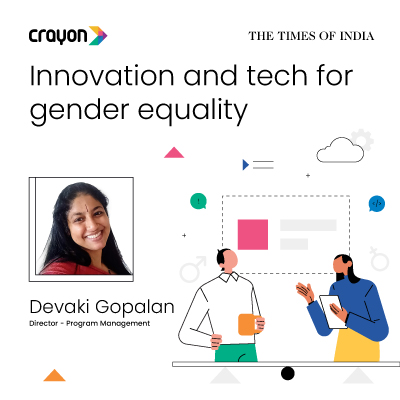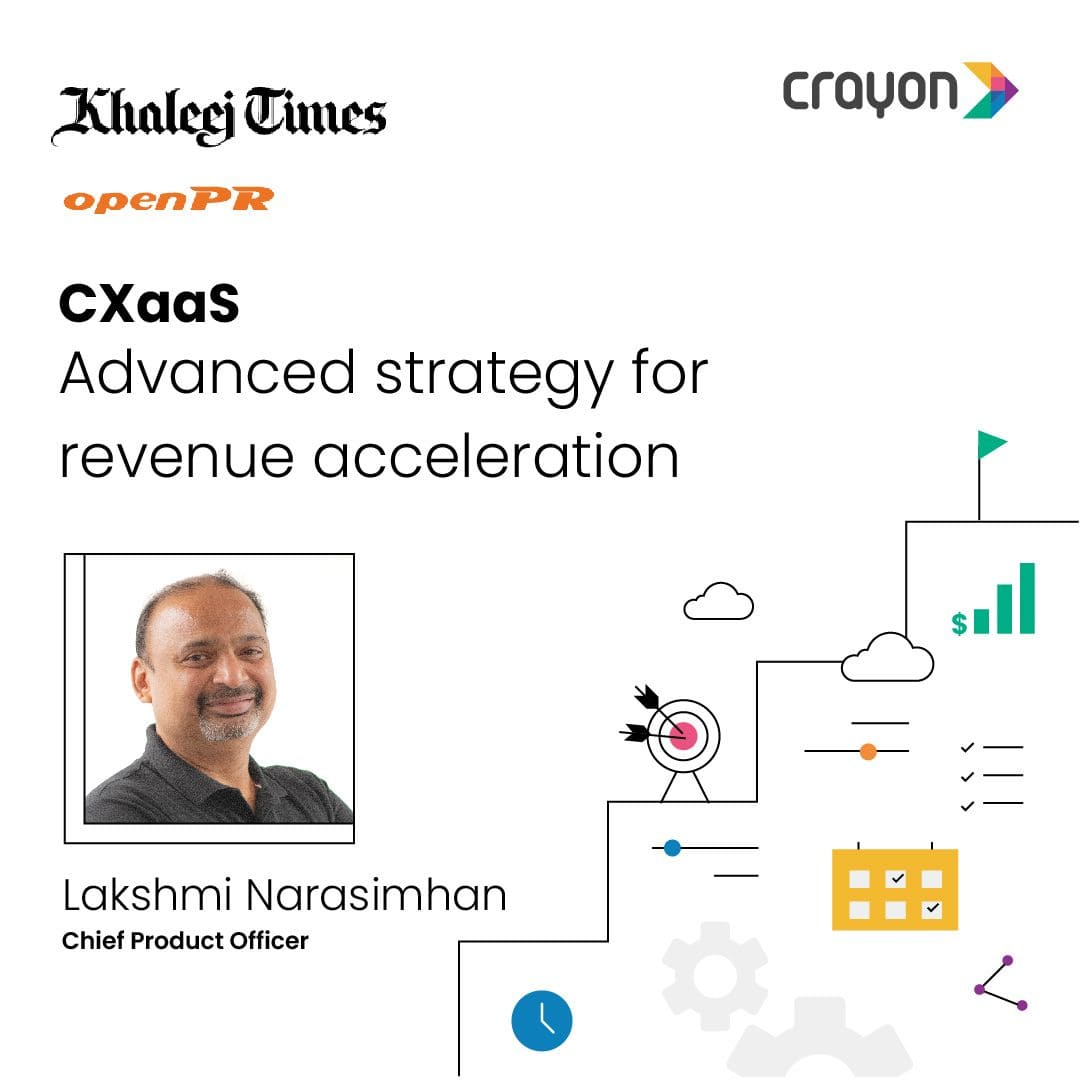The Telangana government’s proactive measures focussed on building ecosystems is transforming Hyderabad into a hub for technology startups that could one day rival Bengaluru.
Chaitanya Peddi, Jayant Paleti and Rohit Chennamaneni co-founded Darwinbox in 2015 in Hyderabad, a time when much of the startup action was in Bengaluru or Delhi. Only the previous year, the decade-long political movement for an independent identity for the Telangana region had ended with its creation as India’s 29th state, with Hyderabad as its capital.
Today, Darwinbox is thriving. Its employee life-cycle management software automates human resources processes for more than 200 mid- to large-sized companies, and collectively touches over 400,000 staff across these customers.
“In hindsight, we have never regretted starting up in Hyderabad, it was a good choice,” says Peddi. Revenue for 2018-19 rose 300 percent from the previous year, although Peddi didn’t provide specific numbers. He expects to “continue to maintain the momentum this year”.
Though the trio, who collectively bring experiences from EY, McKinsey and Google, was already working in Hyderabad and that made the city a natural choice, things have only become better over the last five years, given there was political strife in the past. Soon after it was formed, Telangana state’s new government turned its attention to attracting investor attention, especially in high-technology. A startup innovation policy was also put in place.
“One of the most talked about features in the policy is the assurance the government provides a home-grown startup by being its first customer,” Jayesh Ranjan, secretary for IT in the state government, told Forbes India in an emailed statement. More than two dozen products or solutions from startups have been rolled out in different government agencies in the last three years, Ranjan says.
The government is now working towards improving the supply pipeline by promoting entrepreneurship development programmes in schools and colleges. “We also have a high regard for the ‘native wisdom’ available with the common people who have found local solutions to some of the most pressing problems they face in their daily lives,” Ranjan says. “Discovery of such native innovators and refining their products to help them become full-fledged entrepreneurs is an important mission for us.”
Telangana’s government has also invested in creating high-quality physical infrastructure, of which T-Hub, an incubator and co-working space, inaugurated in November 2015, is best known. The government has also created other spaces such as the IMAGE incubator, the WE Hub, aimed at women entrepreneurs, and T Works for hardware engineering.
T-Hub was built within the campus of the Indian Institute of Information Technology, Hyderabad (IIITH), but a larger facility, T-Hub Phase-2—built at a cost of ₹300 crore, and expected to be the world’s largest such facility—will be open for business by the end of this year. Private investment in physical infrastructure is growing too, with companies such as WeWork and 91Springboard starting co-working facilities in the city.
“Bengaluru, Hyderabad and Chennai were the main south Indian cities that competed heavily with one another for IT/ITeS businesses,” says Vijaya Kumar Ivaturi, co-founder and CTO of Crayon Data, an AI and big data analytics company. An active startup ecosystem mentor and investor today, Ivaturi built wireless networks and mobile business units in Hyderabad in the late 2000s as the BU head of wireless business for Wipro. He was also an important technology leader for Wipro to create and grow embedded systems business with local defence and space establishments in Hyderabad in the early ’90s.
“The political uncertainty in undivided AP due to the demand for a separate Telangana state did concern many of the MNC customers as well as investors in tech ecosystems,” he says.
That and the corporate scams in IT and other sectors such as cooperative banks and pharmaceuticals aggravated the situation further, and many prospective customers and investors chose Bengaluru or Chennai instead. With the formation of Telangana, the political and policy stability factors improved. And “the sharp focus of the local government to regain the lost ground and leverage the existing infrastructure with government incentives to attract new businesses helped the state grow very well in recent years,” Ivaturi adds.
This article was originally published in Forbes India. You can read the complete article here.

Crayon Data on Financial Times ‘ High-Growth Companies Asia-Pacific 2024 list
Date:...

